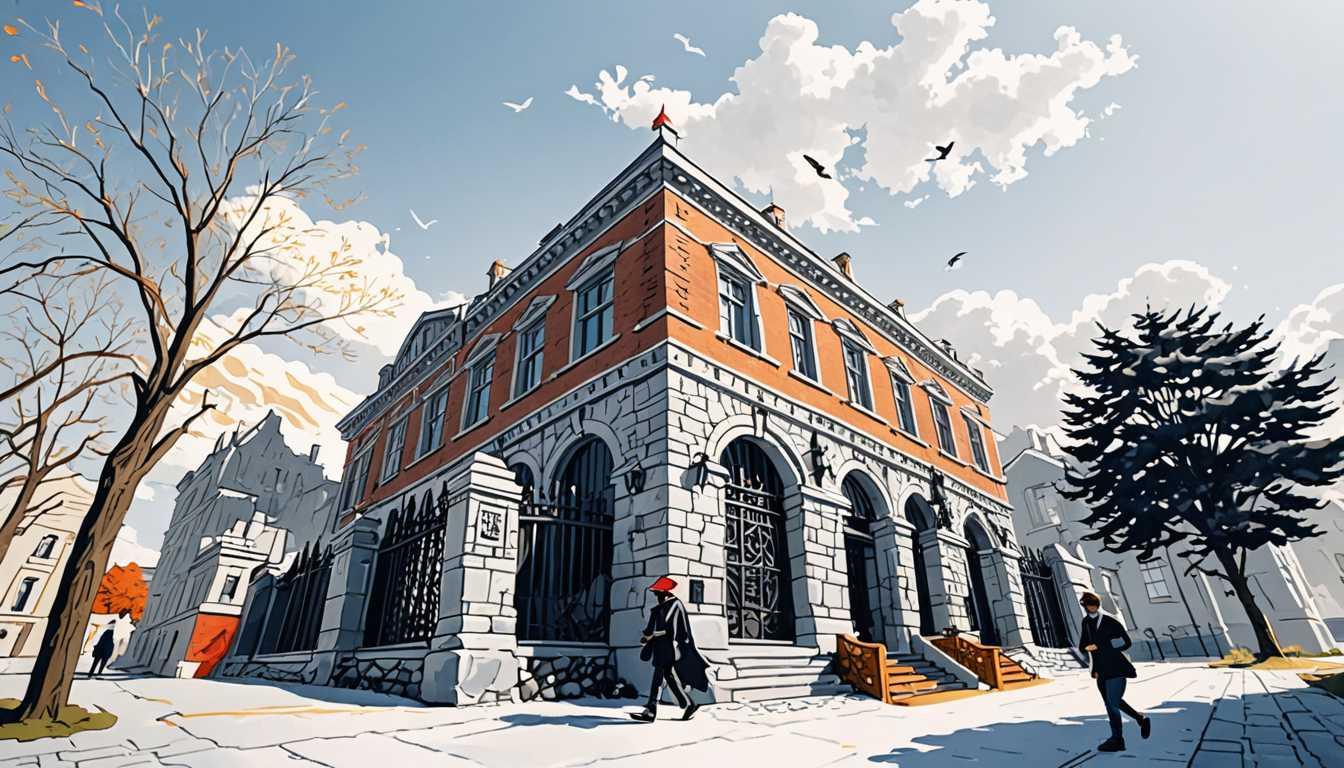AI Uncovers Bias in Jury Picks
July 2023
Cornell University
Introduction
Dive into a groundbreaking study from Cornell University, where brainy researchers use AI to spot jury selection biases against women and Black people. By analyzing court transcripts with natural language processing tools, they've uncovered how prosecutors might be playing favorites. This eye-opening research not only sheds light on a sneaky issue but could also change the game in ensuring fairer juries. Ready to see how data science becomes a justice superhero? Check out their findings and prepare to be amazed!
READ FULL ARTICLEWhy It Matters
Discover how this topic shapes your world and future
Justice in the Jury Box
Imagine you're playing a game where the rules aren't the same for everyone—some players are questioned more harshly or differently because of their background, influencing the game's outcome. That's not just unfair; it's against the spirit of the game. This scenario mirrors real-life issues in jury selection, a process meant to ensure fair and impartial juries in court cases. Researchers using data science and artificial intelligence have uncovered biased practices during this process, notably against women and Black individuals. This discovery matters because it challenges the integrity of the legal system, highlighting the need for more equitable practices. Understanding and addressing these biases can lead to more just outcomes in court cases, impacting society at large. For you, this topic might resonate with broader themes of fairness, equality, and how technology can uncover hidden prejudices.
Speak like a Scholar
Natural language processing (NLP)
A technology that helps computers understand human language. It's like teaching a robot to understand and respond to what we say or write.
Bias
An unfair preference or prejudice against someone or something. It's like always picking your best friend for your team, regardless of others' skills.
Dataset
A collection of information or data. Think of it as a giant spreadsheet full of facts and figures that researchers can analyze.
Sentiment analysis
A tool in NLP that determines whether language is positive, negative, or neutral. It's like figuring out if a text message from a friend is happy or sad without seeing their face.
Disparate questioning
Asking different groups of people questions in varied ways, which can lead to unfair treatment. It's akin to quizzing your younger sibling with harder questions than your older sibling to make the game tougher for them.
Capital cases
Legal cases where the defendant could be sentenced to death. These are the most serious types of cases, where the stakes are literally life and death.
Independent Research Ideas
The role of artificial intelligence in identifying legal biases
Explore how AI technologies, like NLP, can reveal hidden biases in legal documents and court transcripts. This project could reveal how technology might serve justice.
Comparative analysis of jury selection practices across different countries
Investigate how jury selection processes vary globally and the impact of these differences on trial fairness. This study could uncover best practices and areas for reform.
The psychological impact of biased questioning on potential jurors
Examine how being subjected to biased questioning affects individuals' perceptions of the legal system and their civic duties. This could offer insights into the broader societal implications of courtroom biases.
The evolution of jury selection practices through history
Trace how jury selection practices have evolved over time and the factors driving these changes. This project could highlight how legal reforms have addressed or failed to address biases.
Analyzing the effectiveness of legal reforms in reducing jury selection bias
Evaluate whether reforms introduced after landmark cases like Batson vs. Kentucky have been effective in reducing biased jury selection. This could provide a critical look at the legal system's adaptability and fairness.
Related Articles

India's LGBTQIA+ Legal Odyssey
April 2024
JSTOR Daily

Courts: The New AI Rulemakers
July 2023
MIT Technology Review

Wikipedia: Swaying the Scales of Justice?
July 2022
Massachusetts Institute of Technology (MIT)

App Battles Wage Theft
June 2023
MIT Technology Review

TikTok's Secret Bias Unveiled
October 2023
University of Pennsylvania